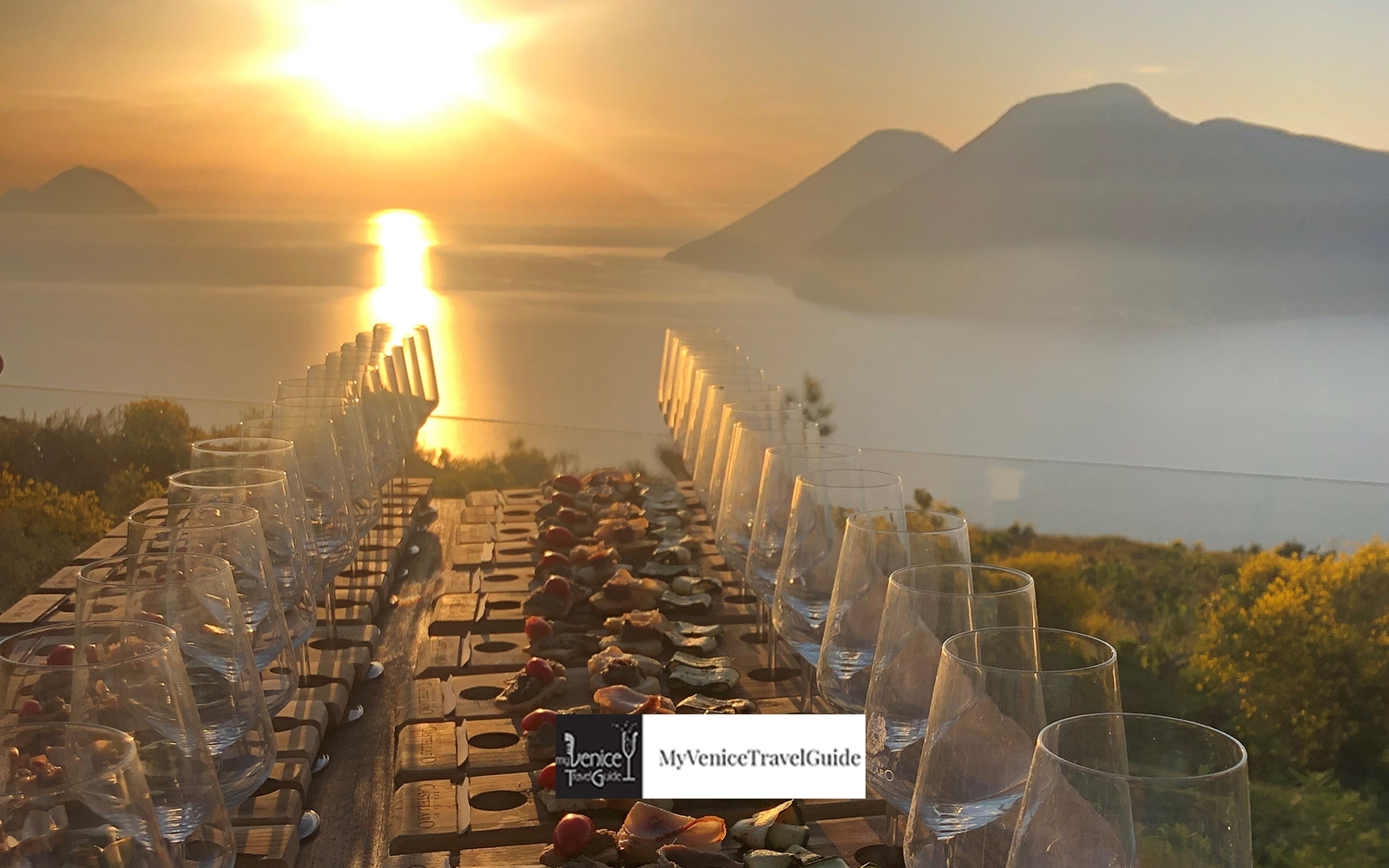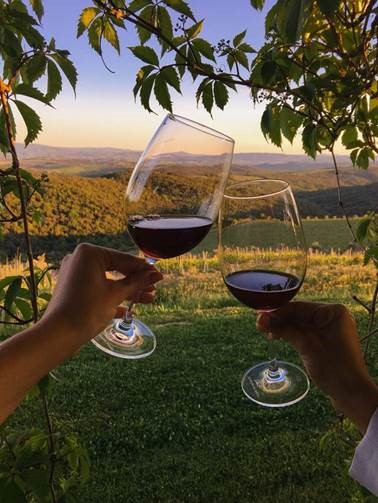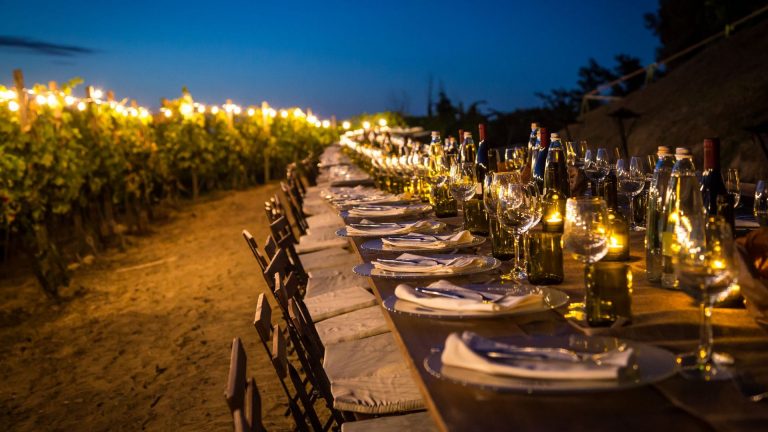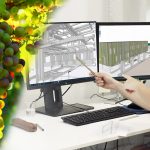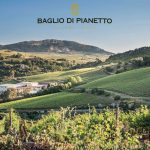Wine tourism, oenology and farms in Italy
Written by Chiara Ulian
In 2020, Italian tourists chose Italy as their primary destination, forced by the strict restrictions imposed on international travel: this offered them the opportunity to rediscover the unique excellences of Italy.
The trip out of town has returned, as in the 1960s, to the rediscovery of a slow, rural but no less exciting and fascinating tourism. The rediscovery of medieval towns, of the countryside and of the hills outside the city has also returned to rekindle flavors and appreciate the previously forgotten and, sometimes, little valued territories.
Here the tourist begins to search for real experiences, especially food and wine, thus becoming an active protagonist, ready to enrich himself with new knowledge; everything is in the name of good food, relaxation, well-being and sustainability, an increasingly central theme.
In this renewed concept of vacation and experience, food and wine become the focal point for the economic restart, since even the tourist who goes to the sea or to the mountains is no longer satisfied with beach life or a walk, but wishes to enrich their own days or a trip out of town combining a tasting of local excellence, looking for particular and typical products of the area.
The wine and the winery, the cheese and the dairy or the products of a farm become the perfect combination for the restart of a food and wine tourism that seeks a genuine and healthy product, at zero km, close to home, which gives opportunity to have outdoor experiences, to taste the excellence of Italy, enhancing the territory.
Compared to the past, today farms or wineries have the opportunity to take advantage of this favorable disposition from visitors which translate into proactive tourists, ready to try new sensory experiences outdoors and in contact with nature. Therefore, an opening of the companies themselves is also necessary to accommodate an increasingly diverse, demanding clientele, but respectful of the environment and eager to experience new sensations.
The experiences, in fact, are participatory and not passive, such as participation in the grape harvest or harvesting of vegetables, passing through sowing or pruning; also enjoy a picnic in the vineyards, share positive emotions in a romantic dinner or with friends, immersed in nature and in complete safety.
In addition to the form of tourism, which has seen its participatory and sensorial connotation increase, temporality has also changed: in fact, this new type of tourism is active all year round, losing the idea of seasonality, evident in the pre-Covid period. . Unlike in the past, people are willing to have a tasting or dinner outdoors even in winter, in order to have the guarantee of safety.
“Our customers are increasingly asking for the possibility of experiential tours.” – says Chiara Ulian, founder of MyVeniceTravelGuide, an agency specializing in tailor-made food and wine tours and corporate events – “their desire is to be in contact with nature and the territory, discovering the history and traditions of the winery or farm. The meeting with the producer who tells the story of the company and the family represents an added value that, in addition to the tasting of wines and typical products, takes the experience to a higher, complete and unique level, creating rich moments of emotions and being able to buy zero km products for a healthier diet and rediscover well-being ».
